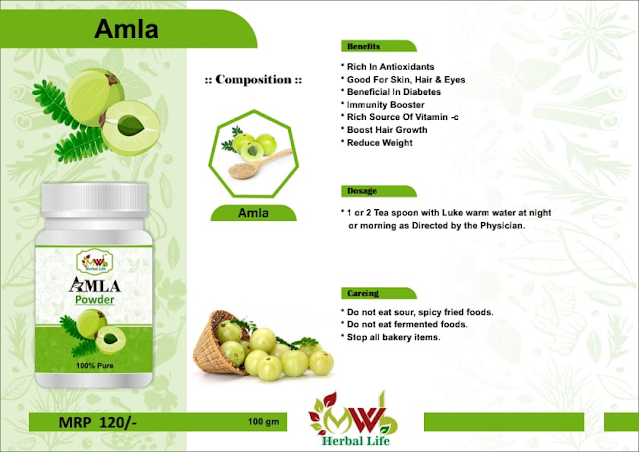Uramrut Syrup
Uramrut Syrup
What is a kidney stone?
A kidney stone is a solid item created by the chemicals in urine. Calcium oxalate, uric acid, struvite, and cystine are the four different forms of kidney stones. Treatment options for kidney stones include nephrolithotripsy, percutaneous nephrolithomy, shockwave lithotripsy, and uteroscopy. Common symptoms include severe lower back pain, blood in the urine, nausea, vomiting, fever, chills, or bad-smelling or murky urine.
After forming, the stone may remain in the kidney or pass through the ureter and into the lower urinary system. Small stones can occasionally pass through the body through the urine without causing too much discomfort. A pee back-up in the kidney, ureter, bladder, or urethra, however, might result from stones that don't move. This is what is hurting you.
Symptoms:
As little as a sand grain, some kidney stones are. Others are as big as a stone. Some of them are as big as golf balls! The symptoms are often more pronounced the bigger the stone.
One or more of the following might represent the symptoms:
- severe pain on the either side of your lower back.
- More vague pain or stomach ache that doesn't go away.
- Blood in the urine.
- Nausea or Vomiting.
- Fever and Chills.
- Urine that smells bad or looks cloudy.
When a kidney stone irritates or blocks the urinary tract, pain develops. Extreme pain is quickly intensified by this. Kidney stones often move through the body without harm, but generally not without excruciating agony. For tiny stones, painkillers could be the sole course of action. Especially for stones that result in long-lasting discomfort or other consequences, further treatment may be required. Surgery, however, could be necessary in extreme circumstances.
Causes:
Possible causes include drinking too little water, exercise (too much or too little), obesity, weight loss surgery, or eating food with too much salt or sugar. Infections and family history might be important in some people. Eating too much fructose correlates with increasing risk of developing a kidney stone. Fructose can be found in table sugar and high fructose corn syrup.
✦ Advantages ✦
➤ Effective treatment for urinary tract infections.
➤ Removes kidney stones.
➤ Protects the kidneys naturally.
➤ Burning micturition.




.jpeg)


Comments